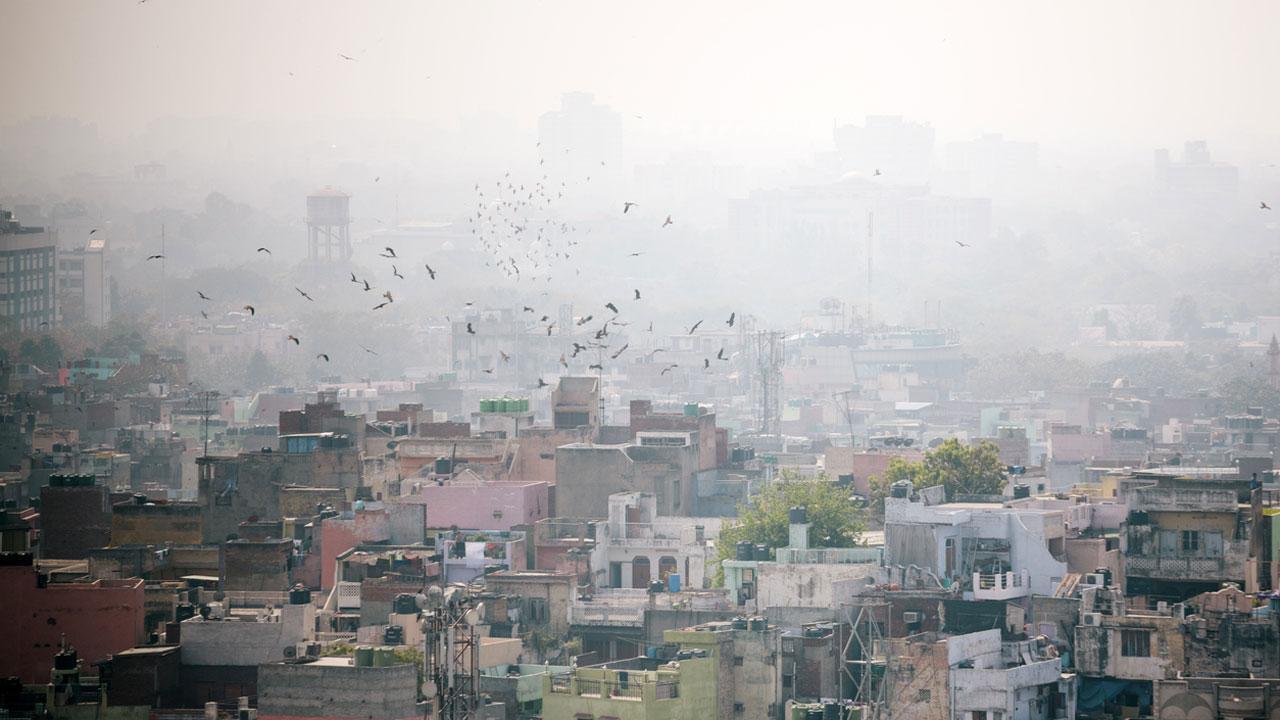The study, published in the journal Resources, Conservation and Recycling, used a system dynamics model to explore the implications of economic policies quantitatively on the recycling of used lead-acid batteries

Representation image. Pic/iStock
Bringing down tax and providing subsidies can help decrease lead pollution that has the potential to harm the mental and physical health of people, as well as contaminate the environment, according to a study by researchers at the Indian Institutes of Technology - Madras and Kanpur. The study, published in the journal Resources, Conservation and Recycling, used a system dynamics model to explore the implications of economic policies quantitatively on the recycling of used lead-acid batteries.
ADVERTISEMENT
Lead is used in various industries such as paints, cosmetics, dyes, ammunition, and jewellery, among numerous others, but the battery sector remains the major consumer of this metal by utilising 85 per cent of the production. While recycling is a good way to deal with scarcity as well as pollution, proper recycling of lead is still a concern due to mushrooming of the unregulated battery recycling sector alongside the regulated ones.
The team suggested policy guidelines such as reducing the tax on the regulated recycling sector and providing subsidies to regulated recycling and remanufacturing sectors to reduce lead pollution from lead-acid battery (LAB) recycling. A very high subsidy to the formal remanufacturing sector can also lead to the shutting down of both regulated and unregulated recycling sectors, they said.
"The insufficiency of primary lead sources to satisfy the demand makes the recycling of used batteries necessary. However, the unscientific way of recycling by the unregulated sector poses serious environmental and health threats due to the high amount of lead excretion," said Professor R.K. Amit, Department of Management Studies, IIT Madras, in a statement.
"We studied to quantitatively assess the impact of different policy instruments on shifting the recycling business from unorganised to the organised sector in India," he added. As per a recent report by UNICEF, approximately a third of the world's children, including 27.5 crore Indian children, have higher exposure to lead as their blood lead levels have 5 micrograms per decilitre or more -- levels which are hazardous to their health.
Though high lead levels are equally harmful to grown-ups, the high levels of lead in children are known to reduce IQ, decrease attention span, cause anaemia, kidney and liver disorders, among other issues in children. "From the implementation point of view, the policymakers can consider the results of this study to frame policies and rules for the LAB recycling activity in India," Amit said.
This story has been sourced from a third party syndicated feed, agencies. Mid-day accepts no responsibility or liability for its dependability, trustworthiness, reliability and data of the text. Mid-day management/mid-day.com reserves the sole right to alter, delete or remove (without notice) the content in its absolute discretion for any reason whatsoever
 Subscribe today by clicking the link and stay updated with the latest news!" Click here!
Subscribe today by clicking the link and stay updated with the latest news!" Click here!






